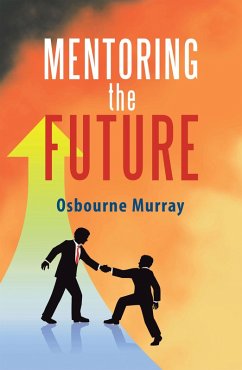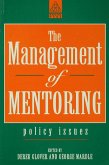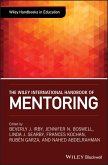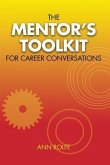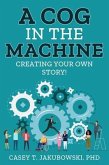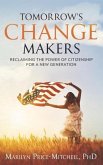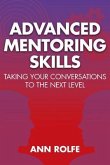Human beings are interdependent. The journey from the womb to the tomb is threefold, as it is one of dependence, independence, and interdependence. Travelling this path, which is a complex, interwoven tapestry, requires the skillful navigation of a tour guide from beginning to end. The wise seek the advice of those who have gone before them and successfully negotiated the contours of the path; any attempt to travel without the aid and counsel of those who are more experienced and knowledgeable is neither prudent nor pragmatic. Compared to humans, the lower animals require less nurturing before they are weaned and become independent. Humans, conversely, take a relatively long time to reach physical and mental maturity. Indeed, it is interesting that some animals can protect and fend for themselves in a matter of days after their birth, while the development of similar abilities in human beings requires years. For humans, this is primarily a time of dependence and interdependence. During this phase, the human mind is trained to think, communicate, and respond to instructions. It is also during this period that we learn to understand the importance of relationships and the need to be interdependent. We recognize that no one individual has all the answers and that when we cooperate, increased productivity results, thereby enabling us to achieve more. The socialization process is the genesis of mentoring, as it is during the early and formative years that we learn not only to follow instructions but also to emulate the examples of senior family members. Notice that the first few years of the human's life are thought of as formative, as this is the most impressionable period. During this time, mentoring is critical because the individual is in search of his or her identity while contending with the rapid changes occurring internally, as well as in the outside world. The aid of a wise and understanding counselor can be of significant help during childhood and throughout adolescence, and parents usually play this role. However, research has shown that the presence of other influential adults during this period can be very useful. In later years, the role of mentors may change, but the need for relationships and connections remain critical to the success of any future partnership, be it related to business, politics, family, or any other sociocultural endeavors. Mentoring is largely about building relationships and connections with the right people and places. Some of the most successful businessmen have benefited tremendously from being mentored. Richard Branson, for instance, stated, "If you ask any successful business person, they will always [say that they] have had a great mentor at some point along the road." Additionally, three of the world's wealthiest men-Warren Buffett, Bill Gates, and Mark Zuckerberg-have all been mentored. Mentorship is a powerful tool for building interpersonal skills. However, the wisdom and benefits of employing it as a strategy for perpetuating a culture of excellence and preserving the integrity and heritage of any group, organization, or entity are yet to be envisioned by many, including leaders at every level and in every sphere of society. This book is about how you can shape your future and leave a legacy. It is important to recognize that the greatest investment you can make in this life is not in material possessions; rather, it is the investment of your time, talent, and experience in another human being. Your future will live on in what you pour into others, and in so doing, you will not only shape it for the better but will also contribute to making the world a better place.
Dieser Download kann aus rechtlichen Gründen nur mit Rechnungsadresse in A, D ausgeliefert werden.

